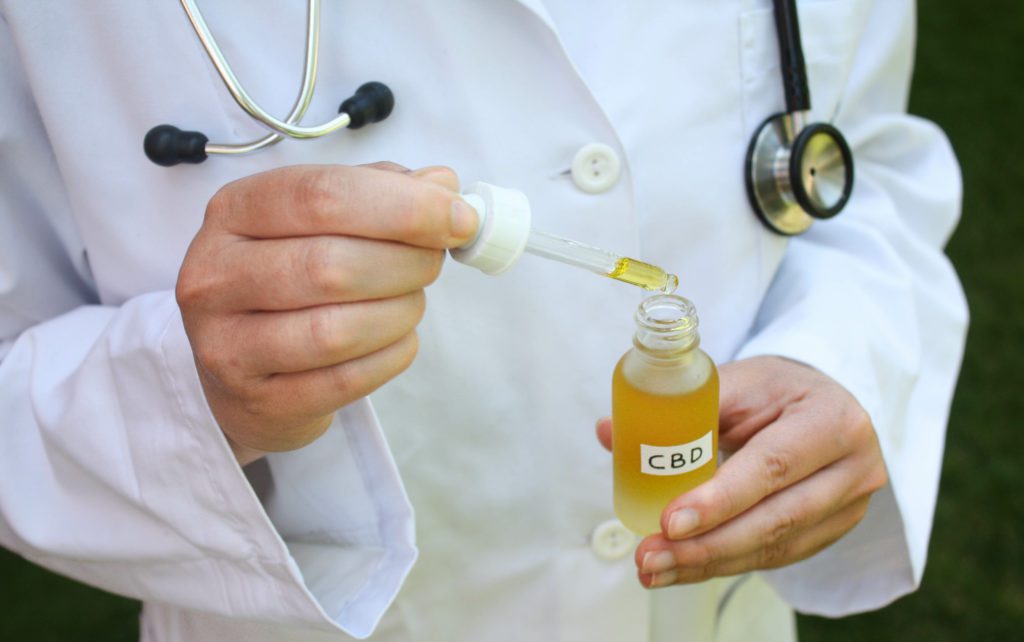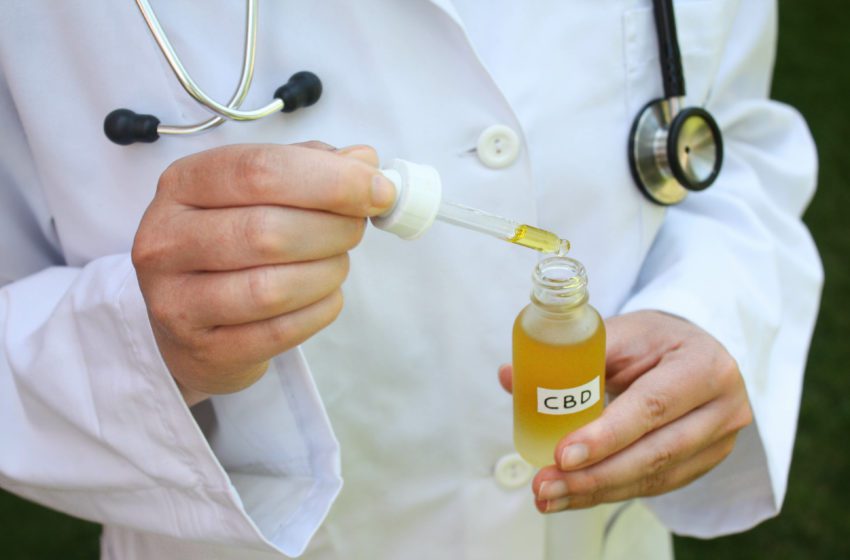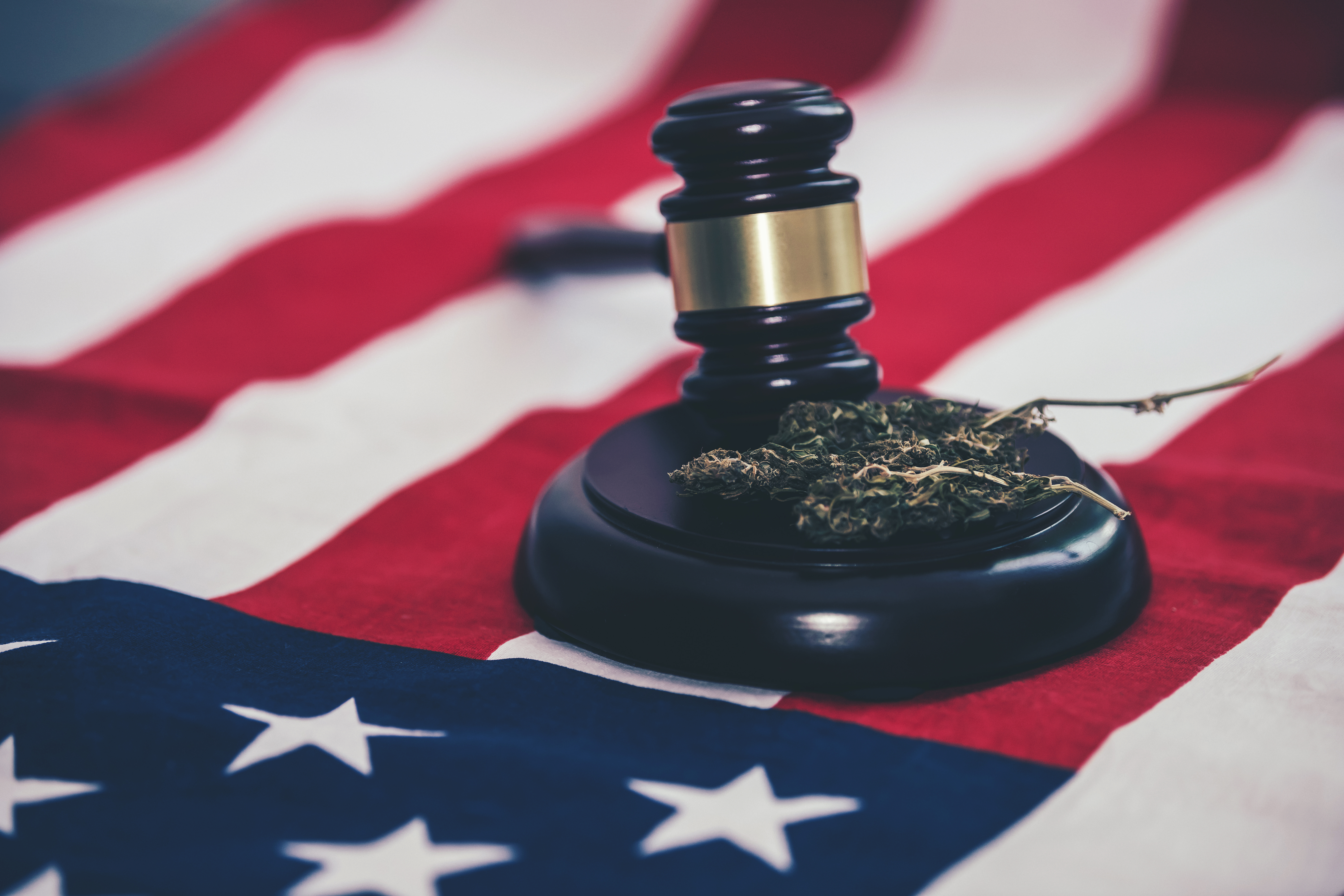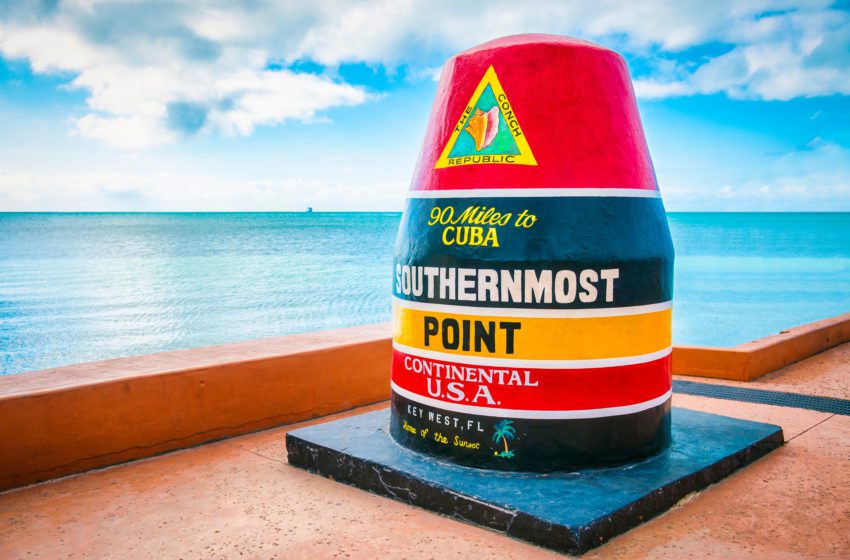
The U.S. Food and Drug Administration envisions a harm reduction framework for CBD (cannabidiol, an active ingredient in cannabis that doesn’t make you high) through which consumers could make informed choices.
That’s the pathway described last week by Patrick Cournoyer, who heads the FDA’s Cannabis Product Committee, at the annual Food and Drug Law Institute (FDLI) conference.
In January, the FDA announced that it would not issue long-awaited guidelines for the inclusion of CBD in food and beverages, because the agency’s existing regulatory framework was not appropriate.
The FDA’s decision came nearly five years after the federal government legalized hemp-derived CBD containing less than 0.3 percent of the psychoactive compound Delta-9 THC via the 2018 Farm Act.
Concerns over the ingestion of CBD derive from the 2018 approval of the prescription drug Epidiolex, which contains CBD for the treatment of seizures associated with two forms of epilepsy.
Studies at the time showed a significant potential risk of liver disorder and other side effects from ingesting CBD.
Cournoyer shed more light on the FDA’s January decision by calling safety concerns regarding CBD in food and beverages “important toxicological red flags that are not typical for food ingredients,” as reported by Cannabis Wire.
“What’s envisioned here is really a harm reduction framework. The existing pathways that we have for foods and supplements don’t really allow for risk or harm. If it’s shown to be harmful or we can’t really show that it won’t be harmful, then it’s not allowed to be there,” Cournoyer said.
“What we’re proposing here is a more permissive category where it is acknowledged that there’s a risk here. We can’t eliminate it, but we would view that people can make an informed choice.”
He did not provide a timeline for the development of a harm reduction framework the FDA could develop in collaboration with the U.S. Congress.
Congressional lawmakers in the U.S. have refiled a pair of bills meant to provide a pathway for the regulation of hemp derivatives like CBD as dietary supplements and food and beverage additives.
Earlier versions of the bills were filed last Congress and ultimately did not advance, but advocates and industry stakeholders feel that the U.S. Food and Drug Administration’s recent announcement that it wouldn’t be taking steps to regulate CBD will put pressure on lawmakers to act this time around.



















